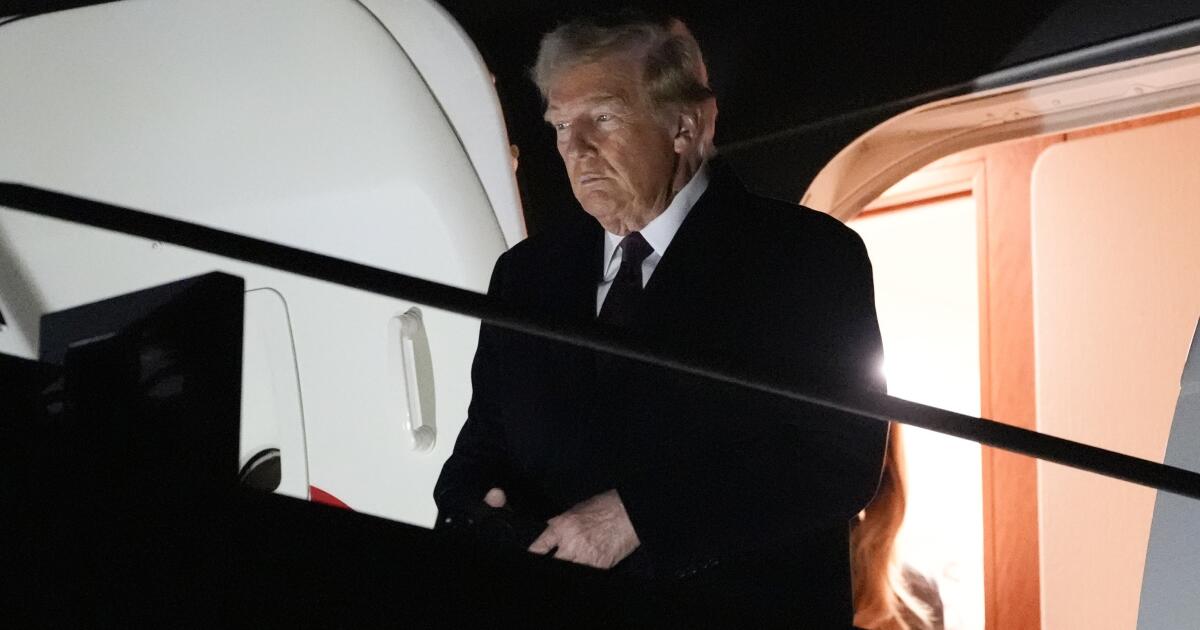(Reuters) – Security forces thwarted a coup attempt in the Democratic Republic of Congo on Sunday in which armed men targeted the homes of top officials and briefly occupied the office of the presidency in the capital Kinshasa, authorities said.
WHAT HAPPENED?
In the early hours of Sunday, a group of around 50 men armed in camouflage fatigues attacked the residences of the prime minister, the defence minister, and a senior politician tipped to become speaker of parliament, according to the army.
Authorities called it an attempted coup.
The assailants breached the Palais de la Nation, a grand porticoed building in central Kinshasa that houses the office of President Felix Tshisekedi.
Videos shared online that Reuters has not verified show armed men milling around the entrance of the presidency, whose glass doors have been smashed. They hoist the flag of Zaire, Congo’s former name. One shouts: “Felix we’re coming for you.” Others chant: “Long live Zaire.”
Soon after, security forces moved in, killing the group’s leader, U.S.-based Congolese politician Christian Malanga, and three others. Around 40 others were arrested, the army said.
WHO WAS CHRISTIAN MALANGA?
On his website, Malanga, 41, referred to himself as the “President of New Zaire” and head of a government in exile. The site does not mention plans to seize power by force, but outlines Malanga’s vision for the country under his leadership.
An online biography describes him settling in the United States as a child refugee, returning to Congo to serve as an officer fighting rebels in the east, and campaigning to stoke opposition to the current Congolese political class, which he accuses of corruption and mismanagement.
Malanga, who had previously threatened on social media to overthrow Tshisekedi, first attempted an aborted coup in 2017, according to army spokesperson Sylvain Ekenge.
The army has shared a photo of his body sprawled on the grass in blood-stained fatigues.
WHO ELSE WAS INVOLVED?
Congo authorities said participants in the coup attempt included foreigners and Congolese citizens. Three U.S. citizens, including Malanga’s son, were among those detained, Ekenge said.
The army shared a video of a large group of detained alleged participants in the coup sitting on the ground as armed guards stand by. They wear camouflage and have Zaire flags draped on their shoulders. Two of the detainees in the video appear to be white men. One has bruises around his eyes and the other’s face is bloodied.
Ekenge told Reuters one of the assailants was U.S. citizen Benjamin Zalman-Polun. Local media described him as a medical marijuana entrepreneur who was also involved in mining interests with Malanga. Reuters was not able to reach Zalman-Polun or his representatives for comment.
U.S. court documents, seen by Reuters, show a defendant with the same name pleaded guilty in 2014 to possessing or distributing at least 20 kg of marijuana.
In the ministry’s video, a detained man described as a recruiter for Malanga’s cause says Malanga had planned to proclaim himself president.
“He indicated he had the support of the Americans, but we realise that he didn’t really have any,” the detainee said.
The U.S. ambassador has said the United States will fully cooperate with the Congolese authorities and hold accountable any U.S. citizens involved.
WHAT DOES THIS MEAN FOR CONGO?
The speed with which the coup attempt was quashed suggests the plotters did not pose a major threat, but the fact they hit targets meant to be highly secure is cause for concern, said Tresor Kibangula, a political analyst at Congo’s Ebuteli research institute.
“The whole thing was carried out with a disconcerting degree of apparent unpreparedness and improvisation, which raises a number of questions: did he (Malanga) act alone? What about the flaws in the security arrangements in the capital?”
The drama comes at a delicate time for President Tshisekedi, who is struggling to curb a two-year offensive by Rwanda-backed rebels in eastern Congo that threatens to spill over into a broader conflict.
Five months after Tshisekedi’s disputed re-election, the ruling coalition has failed to form a government due to internal rivalries over jobs, despite a large majority in parliament.
(Reporting by Sonia Rolley and Ange Kasongo; Additional reporting by Fiston Mahamba and Yassin Kombi; Writing by Alessandra Prentice; Editing by Christina Fincher)
